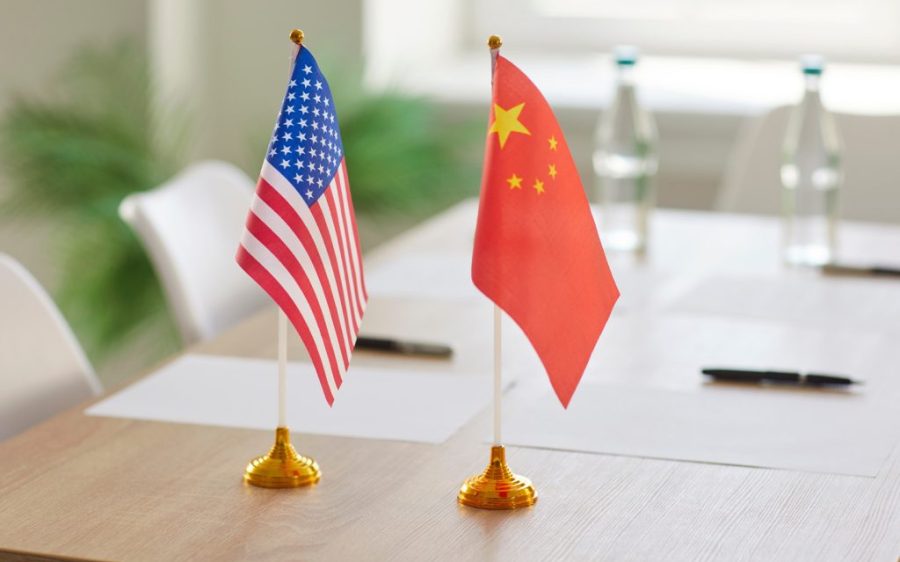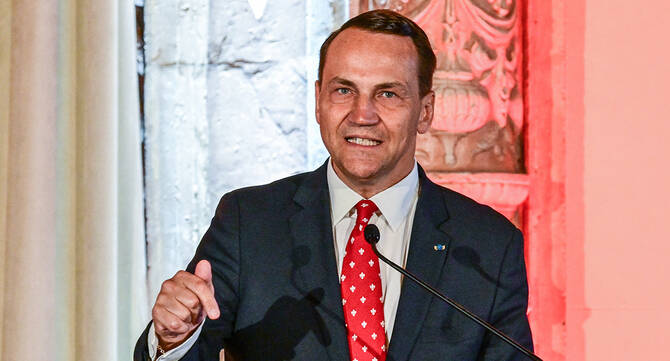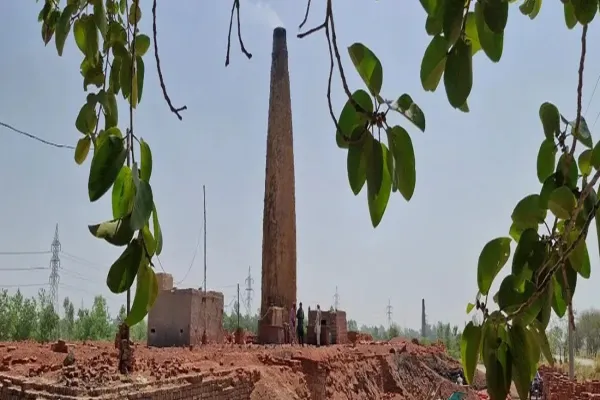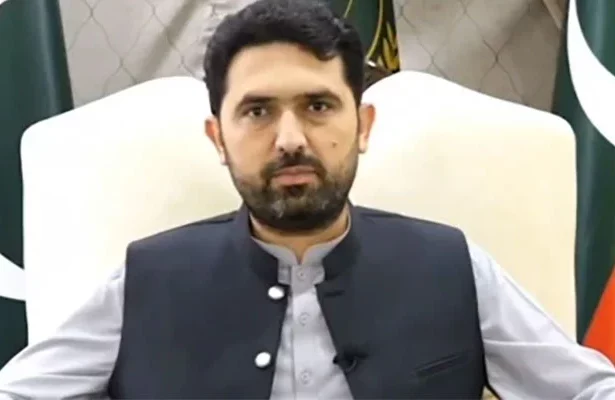NEW DELHI: Indian Prime Minister Narendra Modi scheduled his address to the 80th anniversary session of the United Nations General Assembly. Jaishankar speaks for India: Until July this year, Indian Prime Minister Narendra Modi was scheduled to address the 80th anniversary session of the United Nations General Assembly. However, it was External Affairs Minister S. …
Modi Skips UNGA as India Repositions Global Strategy

NEW DELHI: Indian Prime Minister Narendra Modi scheduled his address to the 80th anniversary session of the United Nations General Assembly.
Jaishankar speaks for India:
Until July this year, Indian Prime Minister Narendra Modi was scheduled to address the 80th anniversary session of the United Nations General Assembly. However, it was External Affairs Minister S. Jaishankar who eventually represented India.
Jaishankar’s speech emphasized three guiding principles for the nation: self-reliance, self-protection, and self-confidence. Quoting these in Sanskrit, he also stressed using “Bharat” instead of India, a choice aligned with the ideological stance of Hindu nationalists.
While no official explanation was given for Modi’s absence, observers believe the reason lay in shifting diplomatic currents between Washington and South Asia.
Trump’s shift to Pakistan:
Modi’s visits to the UNGA were seen as opportunities to meet Trump for years, but this time, optics mattered. Reports suggested that Donald Trump’s growing closeness with Pakistan, including his warm interactions with its prime minister and army chief, discouraged Modi from making the trip.
It was not necessarily about Trump rejecting a meeting with Modi, but rather about the uncomfortable image of the US leader embracing Pakistan at the same stage. This shift signaled a challenge for New Delhi, which has long considered its partnership with Washington as central to its global standing.
Balancing between Washington and Beijing:
Despite the strains with Trump, Modi attempted to keep trade discussions with the US alive, hoping Washington would recognize the risks of India leaning toward Beijing. However, this hope may have been overestimated.
To highlight alternatives, Modi used the Shanghai Cooperation Organisation (SCO) summit in Tianjin to showcase India’s warming ties with China. His meeting with Chinese President Xi Jinping was cordial and forward-looking.
Modi stated, “We had very productive discussions, which gave a positive direction to our relations. After the disengagement at the border, an atmosphere of peace and stability is now in place. Our Special Representatives have also reached an agreement on border management. The Kailash Mansarovar Yatra has resumed. Direct flights are also being resumed between the two countries. Our cooperation is linked to the interests of 2.8 billion people of our two countries. This will also pave the way for the welfare of all humanity. We are committed to advancing our relations based on mutual trust, respect, and sensitivity.”
Still, Modi carefully raised concerns without confrontation. On connectivity projects, he remarked, “We believe that every effort towards connectivity must uphold the principles of sovereignty and territorial integrity. This is also enshrined in the core principles of the SCO Charter. Connectivity, that by-passes sovereignty, ultimately loses both trust and meaning.”
This was a veiled reference to the Karakoram Highway and the Shaksgam Valley, areas contested between India, Pakistan, and China.
Building stronger ties with Russia:
Beyond China, Modi also reached out to Russia, reinforcing a relationship with deep historical roots. Modi said, “India and Russia have always stood shoulder-to-shoulder even in the most difficult situations. Our close cooperation is important not only for the people of both countries, but also for global peace, stability, and prosperity.”
He also expressed eagerness to welcome President Vladimir Putin to New Delhi in December, signaling India’s intent to sustain strong ties despite global turbulence.
Iran and the wider challenge:
Adding to the complexity, Modi mentioned India’s continued engagement with Iran’s Chabahar Port project, which remains at odds with US policy. This underscores India’s attempt to balance strategic interests while keeping multiple options open.
The twist, however, lies in Pakistan’s role. Islamabad is simultaneously building strong ties with the very countries Modi is courting, the US, Russia, and China. This places India in a tricky position, where competition and diplomacy overlap on several fronts.











